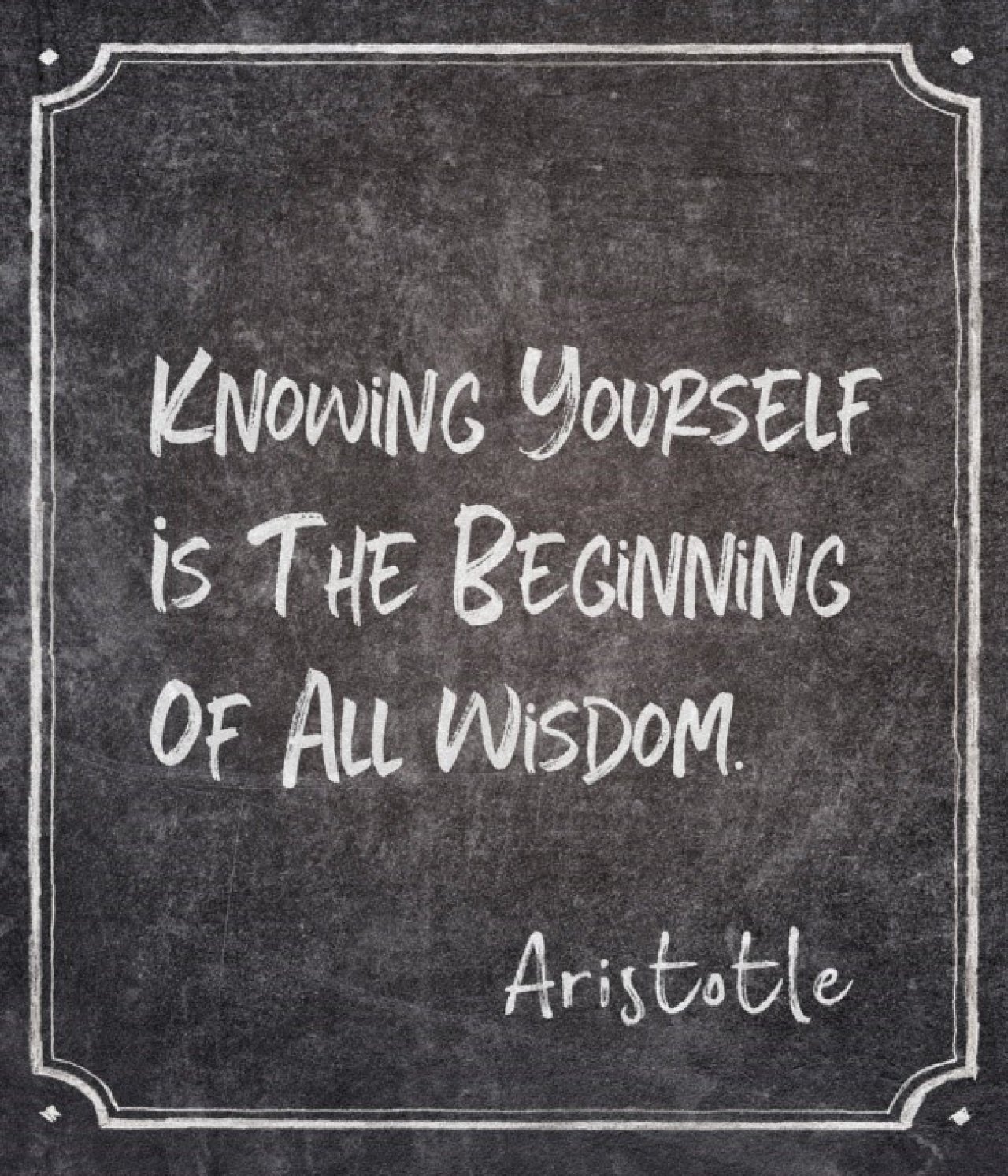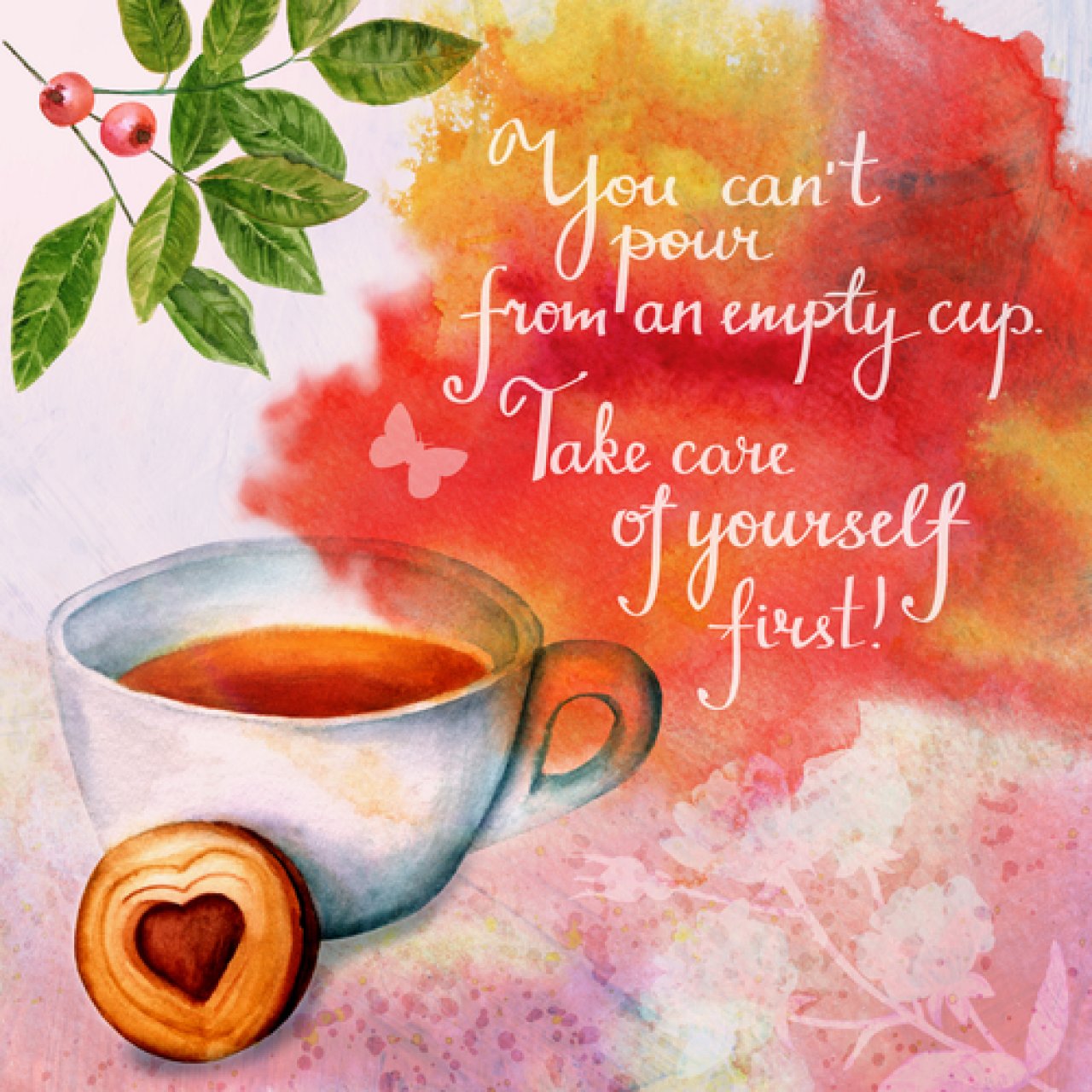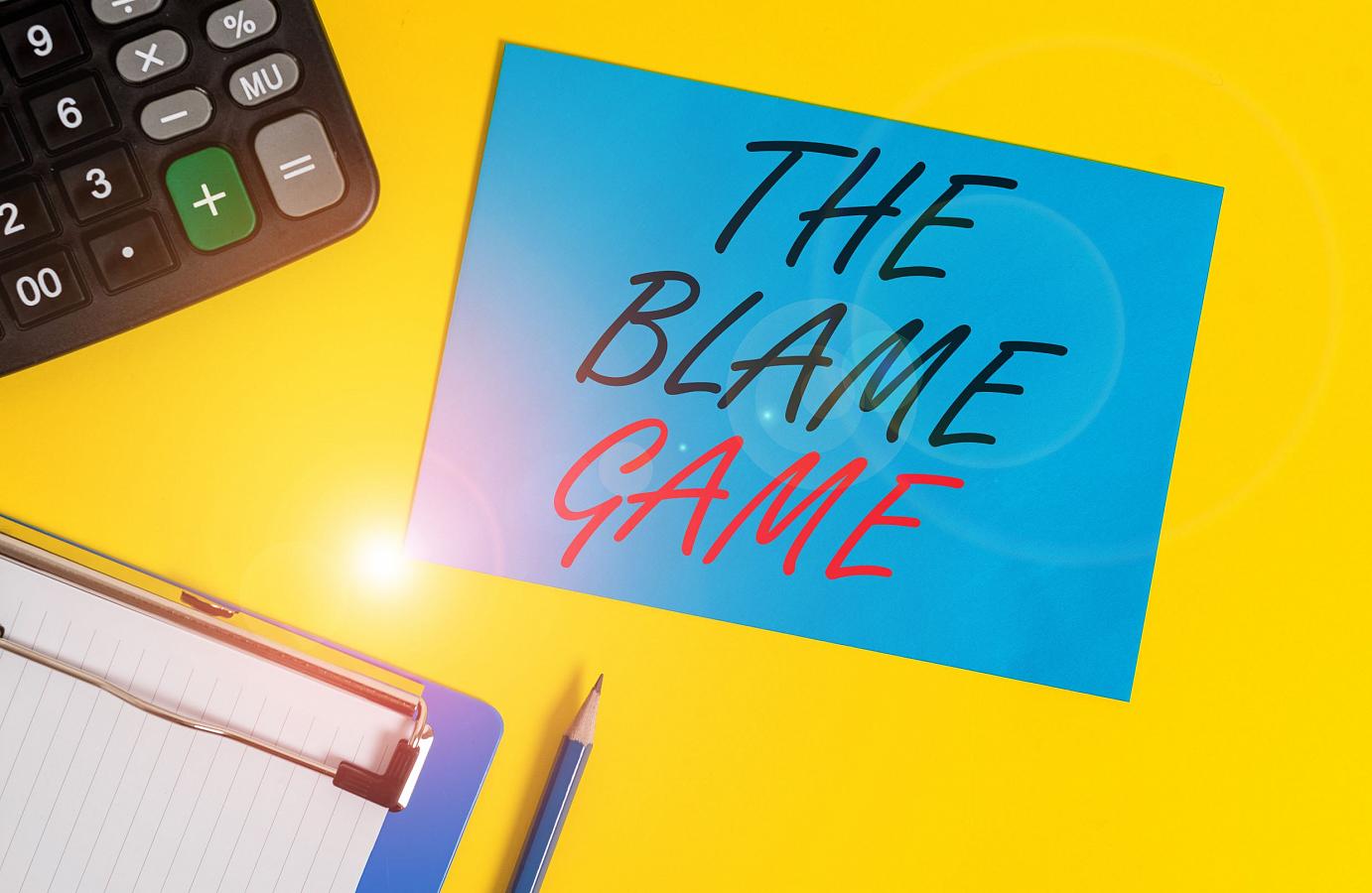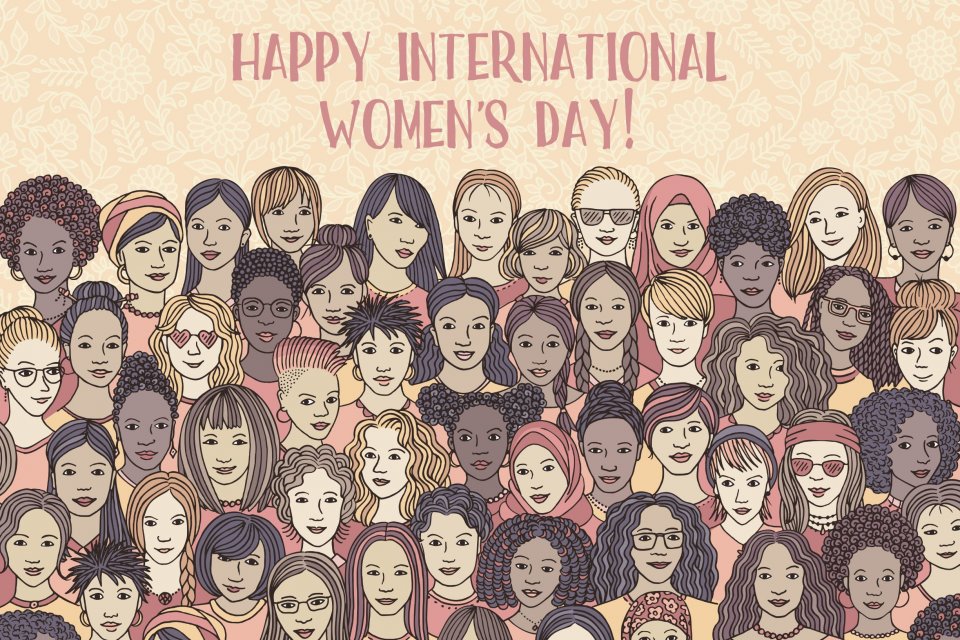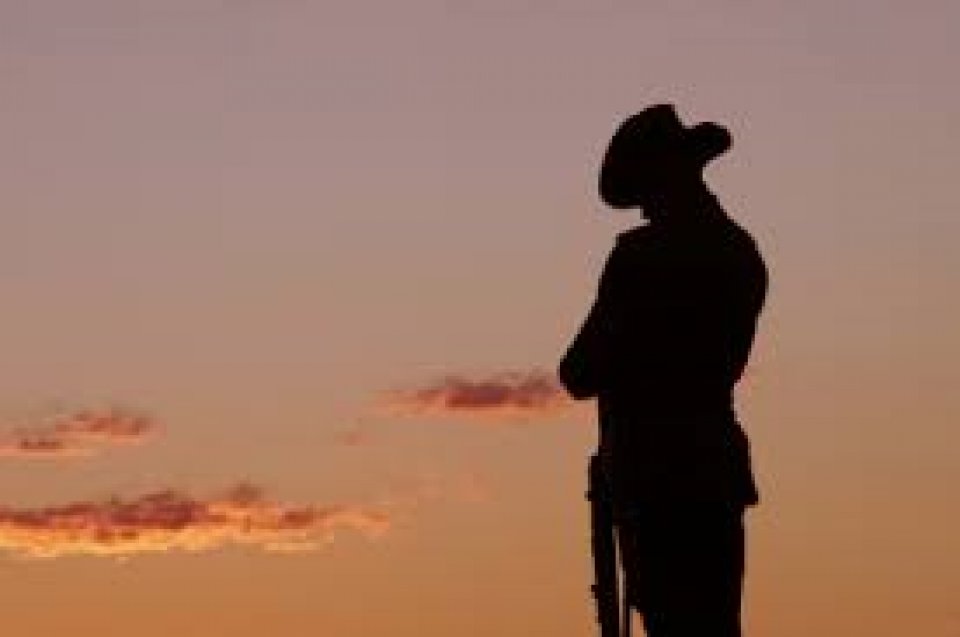
What today’s leaders can learn from the Anzacs
As a nation, we are united as one for the celebration and remembrance of Anzac Day and those who have died for the freedom of this great country in which we live. Australian ideals had been both tested and proved at Gallipoli. Wayne Swan once said this about Gallipoli : “What emerged was a moral value that rapidly established itself as our supreme national virtue: a combination of bravery, resilience, the ability to improvise, and the duty to stick together in hard times and protect yo ur friends” . A t an Anzac Day service, our previous Governor-General, Quentin Bryce, said that we were a nation that was able to test its courage “in our willingness to persevere through misfortune and adversity, to remain hopeful in our dry gullies, in our capacity to reach out …”
As someone who has lived my adult life in Australia, as a very patriotic A ustralian, these words resonate with me about what it means to be Australian – brave, resilient, adaptable, sticking together, looking after your mates, pers evering , courageous and reaching out to our community! For over a decade I have studied, interviewed and researched what it means to be an effective and inspiring leader, and the se qualities were amongst the key characteristics I identified in inspiring Australian leaders in my book s Leadership Revelations An Australian Perspective (2005) and Leadership Revelations II How Australians Lead in Crises (2012) .
When I think about the ANZACS, what made them unique for me are the following qualities:
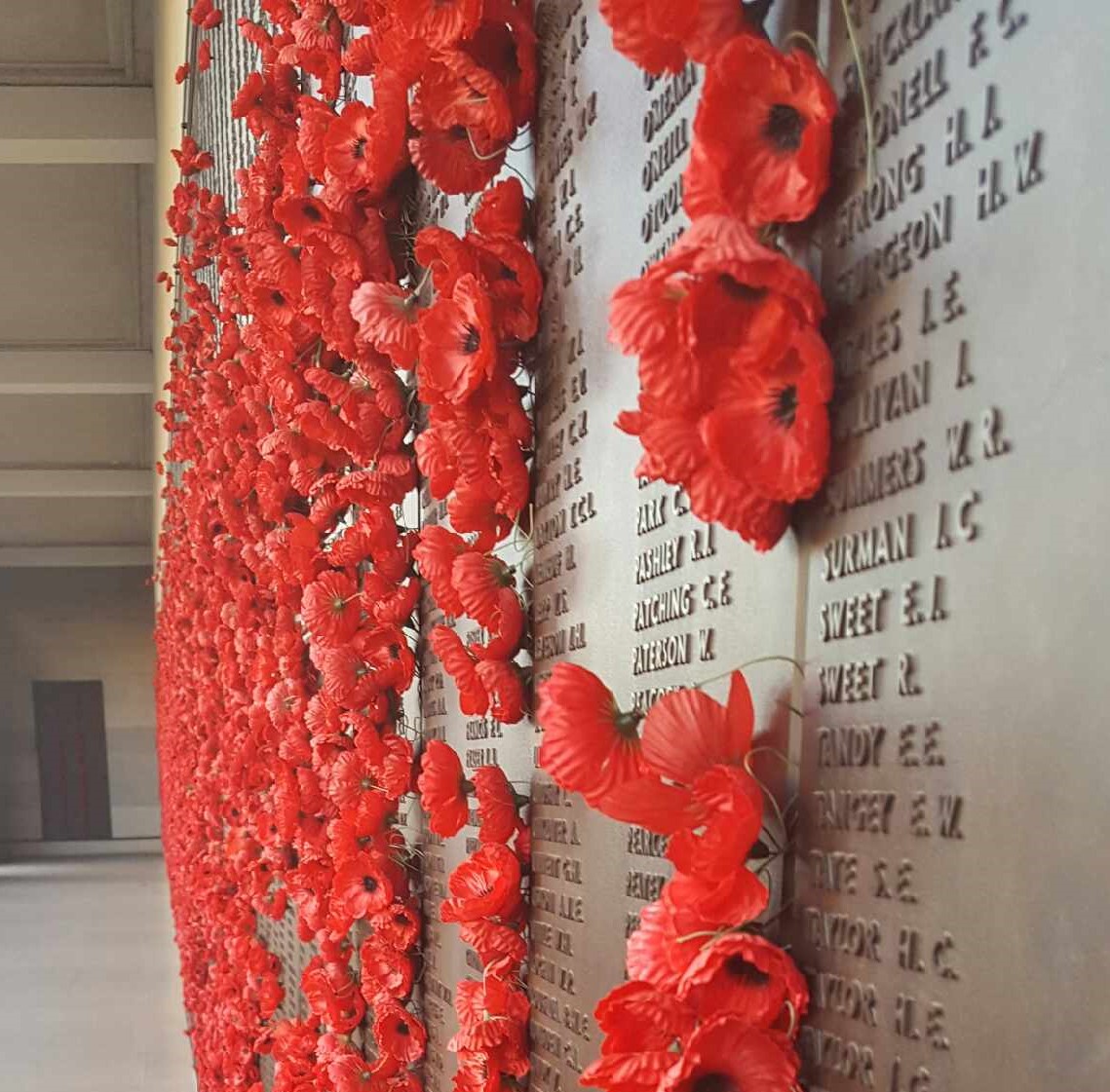
- They were unsung heroes from all walks of life, who did what neededto be done by keeping it simple and real;
- They were driven by a higher purpose ;
- They did whatthey were asked to dowith no expectation of personal gain; and
- They depended on people they had not known for very long, and each other, but were connected by a common goal and a belief in a “shared” end result.
This le d me to ask the question: “So why are we not seeing these qualities in our leaders in business and governments at present?” Every time we open a newspaper or watch a news report, it is all “gloom and doom”. Constant news items about further job cuts, redundancies, corporate collapses, b udgets being slashed in fundamental areas such as health, education, training and development, management and leadership training, aged care services ; all those areas which are the foundation of building the skills to rebuild our economy, in both the private and public sectors, and develop the next generation of workers and leaders. There is no “duty to stick together in hard times and protect friends ” , or opportunity “to remain hopeful” when job cuts, slashing and burning anything that does not generate revenue, has become the order of the day.
It takes courage for a leader to do something different, and that’s exactly what we need now – leaders who are willing to be courageous andrecognise thatwe are living in economic timesDIFFERENT to any other before, and that life as we knew it will NEVER be the same again. Courage means not cutting headcount, but cutting executive sal a ries, directors’ fees and politicians ’ generous pension plans instead , to save jobs of ordinary Australians. I believe that is the most courageous, inspiring leadership decision a leader can make to lead by example .
Leaders need to be encoura ging everyone in the organisati on to improvise, innovate and truly empower emp loyees to be part of solving the s e crise s, not default to command-and-control and micromanagement . Every petty action taken, like cancelling newspapers and refreshment supplies sends a message to employees that “You are not valued and taking care of you is costing money!” E mployee engagement is at an all-time low and organisations are being managed by leaders who are driven by fear of failure, and employees who fear trying something new or innovative in case they could lose their jobs.
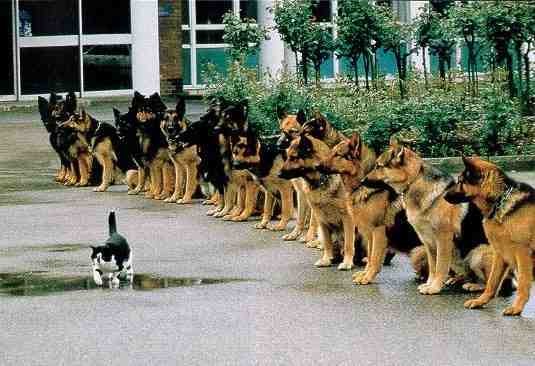
Research showsthat engaged employees demonstrate a willingness to “go the extra mile”whichleads to greater productivity. This leads to improved business performance and greater profitability in the private sector, and better cost management in the public sector.
Resilience is about seeking collaborative, rather than competitive, ways of working together, leaders and followers, manager s and employees, to get through crise s . “It is OUR joint problem, so let ’s solve this together” s hould be the message of leaders. I believe that collaboration is the way of the future, transformational leadership rather than transactional leadership and work environments where diversity rather than uniformity is valued and respec ted.
What the current economic situation has revealed is that what leaders have done in the past is no longer working , and certainly will not work in t he future. Now is the time for change and doing things differentl y , for if we don’t we will simply create a dying yesterday , and start to decay tomorrow before it even gets here! W hat employees and people will remember most is not what you said or did, but how you made them feel.
People need to feel valued, hopeful of a better future, that what they do makesa differenceto the long term future,and that theirleaders believe in them. This is true for all leaders, whether you lead 5, 50 or 50,000 people, or simply lead yourself!
Do you believe in yourself as a leader? What drives you as a leader? Are you willing to inspire others and enable them to change their lives, without expecting any personal gain ? Do you pass the leadership mirror test: “Would I want to be led by me?” If you don’t believe in yourself or would not follow yourself as a leader, what needs to change ? A re you courageous enough, and willing to change?
B e inspired by the spirit of the Anzacs and take the first brave step to re -inventing yourself as a leader for a better futurefor yourself and others!
If you would like purchase one of our books covering the leader of the future or make a booking for a keynote or worksh op on any aspect of leadership , or view additional free articles, please visit our website at www.avrilhenry.com.au . Please feel free to forward this newsletter to any of your clients, colleagues, family or friends who have an interest in leadership, and who may want to subscribe to future newsletters.
Enjoy AnzacDay, take a minute’s silence, “Lest We Forget”, and be grateful for all our service men and women, past and present who enable us to live a life of freedom as free people in a free country.
@avrilhenry
